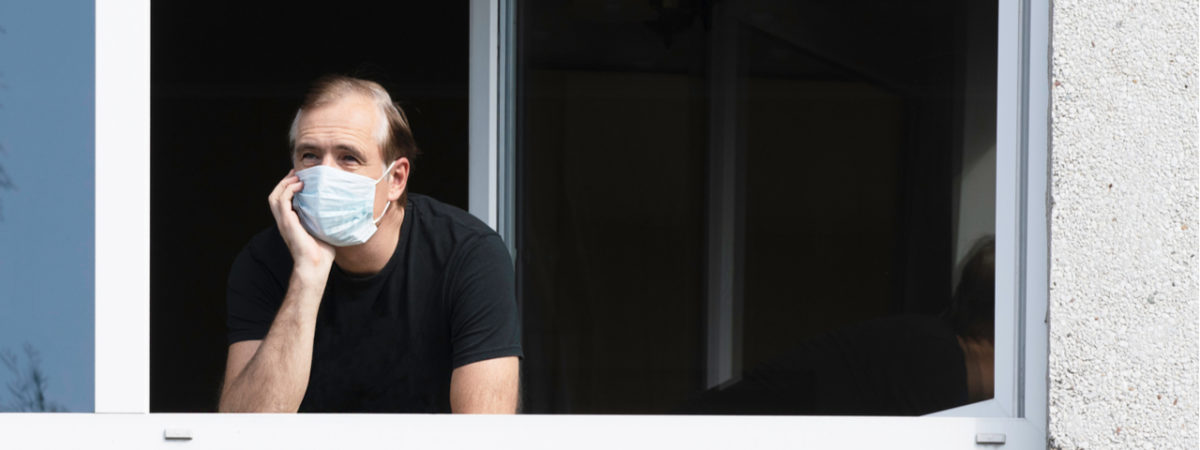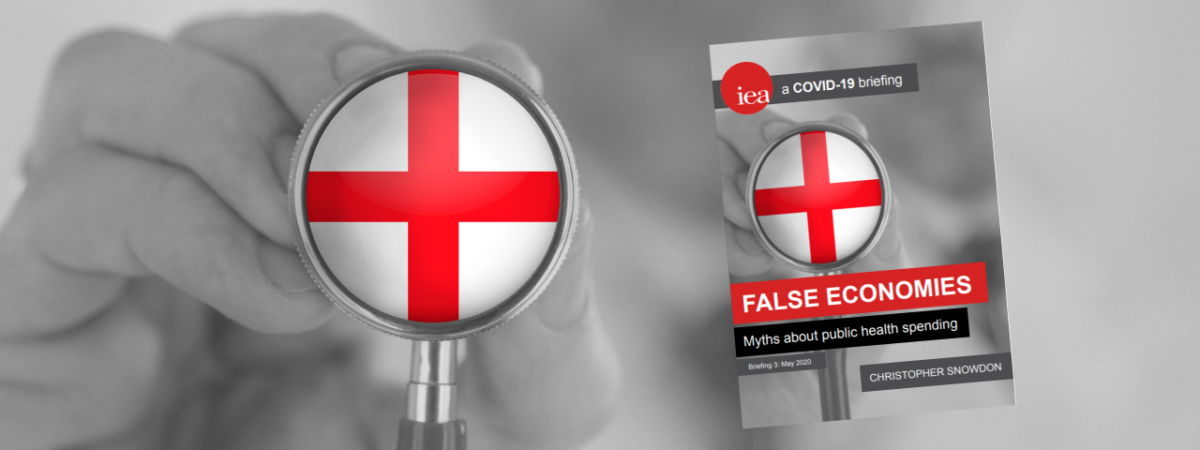SMPC votes Nine / Nil to Hold Bank Rate in May
SUGGESTED



The background to the vote is the extraordinary circumstances of the coronavirus crisis. Interpretation of these events was closely related to views taken about the severity of the crisis. Some saw the crisis as fundamentally arising from government over-reaction to the health crisis, thereby creating an economic crisis. These members expected the errors of governments to become apparent fairly rapidly, with a fairly partial rapid bounce-back in the real economy, albeit with large structural changes
induced by the policy over-reaction, driving a rapid rise in inflation over the next eighteen months.
Others saw the crisis as fundamentally a health crisis that would have created an economic crisis even without government response (possibly a worse economic crisis). These members tended to be less optimistic about a rapid resolution of the crisis. Although they accepted that there might be inflation they also thought deflation possible and either way they saw such adjustments as potentially the price level transitioning to a new normal and that the process might involve such large disturbances in relative prices that normal inflation concepts were not fully applicable.
Four members expressed a bias to raise rates once the recovery takes place. Two said that QE should be reversed once the recovery takes place. Seven members cautioned against the money financing of the deficit. One favoured direct monetary financing of some portion of the deficit.
The SMPC is a group of economists who have gathered quarterly at the IEA since July 1997, with a briefer e-mail poll being released in the intermediate months when the minutes of the quarterly gathering are not available. That it was the first such group in Britain, and that it gathers regularly to debate the issues involved, distinguishes the SMPC from the similar exercises carried out elsewhere.
To ensure that nine votes are cast each month, it carries a pool of ‘spare’ members. This can lead to changes in the aggregate vote, depending on who contributed to a particular poll. As a result, the nine independent and named analyses should be regarded as more significant than the exact overall vote.
Fullscreen Mode



